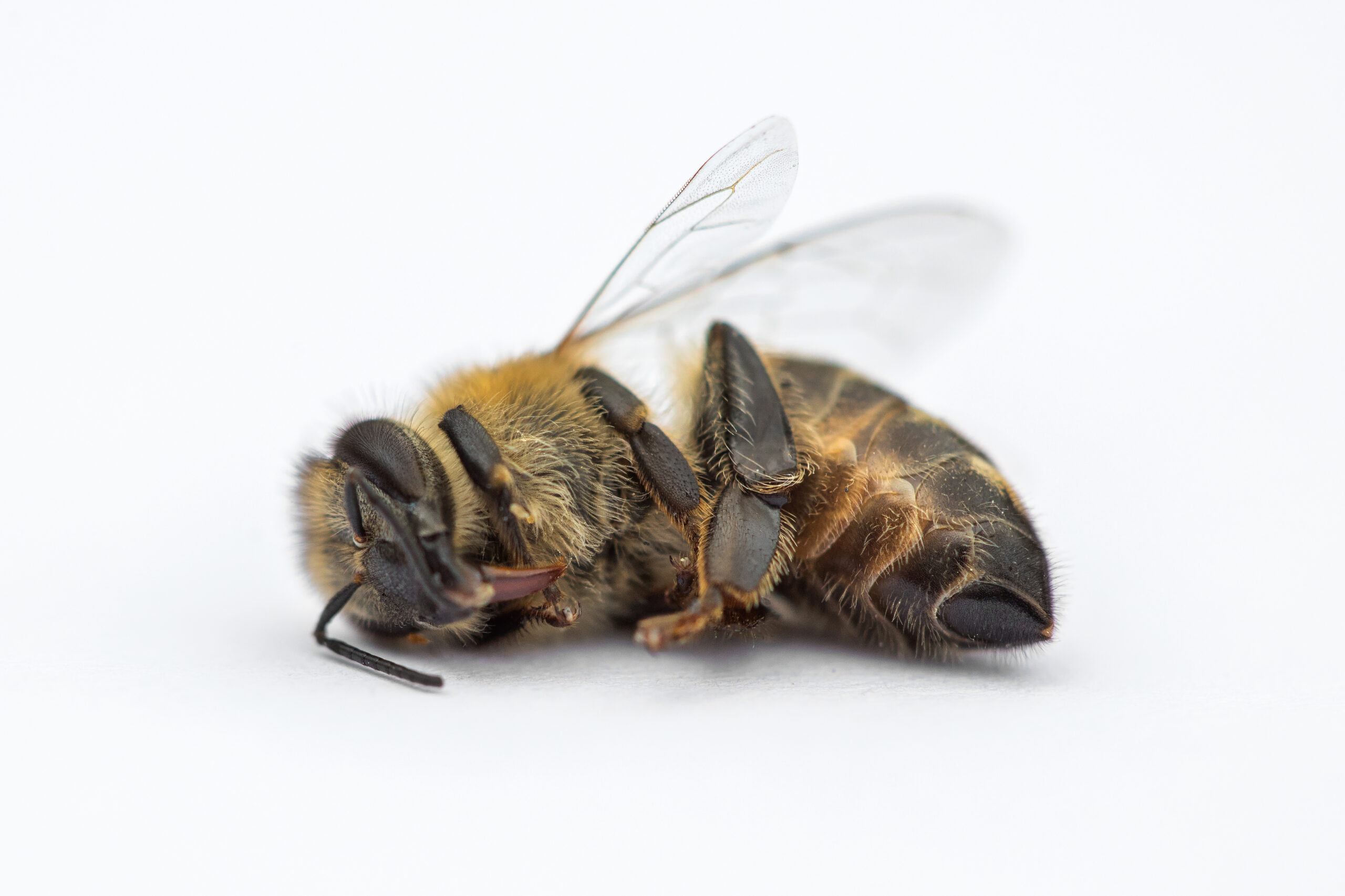Fighting Fire Blight in Organic Orchards – Dr Kenneth Johnson, Oregon State University
Original Article Reference
This SciPod is a summary of the paper:
https://doi.org/10.33548/SCIENTIA633
Share Episode
About this episode
The bacteria that causes fire blight in apple and pear trees is notoriously difficult to control without antibiotics. With new regulations in the US preventing antibiotic use in organic orchards after 2014, organic farmers faced an impossible choice – lose their organic certification or risk the death of their trees. Working against the clock, plant pathologist Dr Kenneth Johnson from Oregon State University accelerated his efforts to provide organic farmers with another option. With his team of researchers and outreach specialists, he developed and evaluated non-antibiotic management strategies for fire blight in organic apple and pear orchards.
This work is licensed under a Creative Commons Attribution 4.0 International License. 
What does this mean?
Share: You can copy and redistribute the material in any medium or format
Adapt: You can change, and build upon the material for any purpose, even commercially.
Credit: You must give appropriate credit, provide a link to the license, and indicate if changes were made.
More episodes
Dr. Christopher Marinangeli | The Power of Plants: Making the Most of Plant-Based Proteins
In recent years, plant-based diets have gained significant traction, not just among vegetarians and vegans but also among individuals looking to improve their health and reduce their environmental impact. Increasing public awareness of the role of animal food production in driving climate change, along with the potential health risks of consuming large amounts of animal foods has powered this phenomenon. However, one of the ongoing debates in nutrition revolves around protein, a crucial nutritional component, and the nutritional quality of various protein sources. Can plant-based protein sources provide sufficient, high-quality protein compared with animal-based protein sources in the context of a dietary pattern? The question relates to consumer awareness and education, as not all plant proteins are created equal, and replacing meat, diary, and other animal proteins with just one or two plant protein sources may not provide everything we need nutritionally. Rather, a mix of plant protein sources may be required as an adequate replacement for high quality animal protein. As consumers increasingly replace animal proteins with plant proteins, potentially without awareness of these issues, is the overall quality of the protein they are consuming decreasing? Dr. Christopher Marinangeli of Protein Industries Canada and his colleagues set out to answer this question in their research on the effects of increasing plant protein intake on protein quality and nutrient consumption among U.S. adults.
Pollinator Peril: How Common Agricultural Cocktails Harm Honeybees
Pollinators, including honey bees, wild bees, butterflies and many other insects, are some of the most important creatures on our planet. By pollinating plants, both wild and cultivated, they have an essential role in maintaining wider ecosystems and ensuring our food security. However, we have come to take them for granted, and don’t fully appreciate their function in ensuring our ongoing survival. Insects are declining at a truly alarming rate. Among other factors human activities such as industrial farming and corresponding insecticide and fungicide use over large areas of land to protect food crops against pests and disease are considered to be major contributors. Many different pesticides have also been detected in honeybee colonies. Scientists are attempting to uncover the specific factors involved in insect decline, before it’s too late. Recent research by Sarah Manzer and colleagues in the research groups of Prof. Ricarda Scheiner and Prof. Ingolf Steffan-Dewenter at the Julius Maximilians Universität Würzburg in Germany has shed new light on a potential culprit: a combination of insecticides and fungicides commonly used in agriculture.
Dr. Zhe Su | Understanding the twisted tectonics of the Sichuan basin
The Sichuan basin in southern China is a region of deep geological and seismological complexity, which has so far prevented researchers from understanding its tectonic past. Through fresh analysis of previous observations, combined with the latest modelling techniques, a team led by Dr. Zhe Su at the National Institute of Natural Hazards, Beijing, suggests for the first time that the entire Sichuan basin is slowly rotating. Their result could explain the origins of one of the deadliest earthquakes in living memory, and could also help seismologists to better predict when earthquakes will strike the region in the future.
Dr. Claudia Ituarte-Lima – Dr. Radu Mares | How Latin America’s Groundbreaking Treaty Intersects with European Economic Law
Research by Dr. Claudia Ituarte-Lima and Dr. Radu Mares at Lund University examines how a pioneering environmental agreement in Latin America and the Caribbean introduces new ways of protecting nature and human rights. Their study reveals both opportunities and challenges in how this regional treaty interacts with European Union trade laws, offering insights into how different regions can work together to protect the environment and strengthen democracy.
Increase the impact of your research
• Good science communication helps people make informed decisions and motivates them to take appropriate and affirmative action.
• Good science communication encourages everyday people to be scientifically literate so that they can analyse the integrity and legitimacy of information.
• Good science communication encourages people into STEM-related fields of study and employment.
• Good public science communication fosters a community around research that includes both members of the public, policymakers and scientists.
• In a recent survey, 75% of people suggested they would prefer to listen to an interesting story than read it.

Step 1 Upload your science paper
Step 2 SciPod script written
Step 3 Voice audio recorded
Step 4 SciPod published




